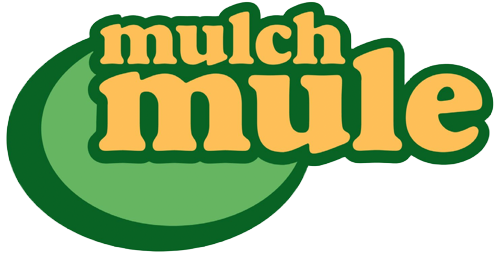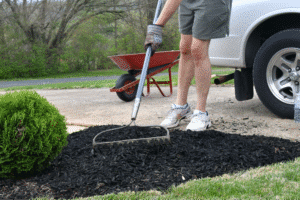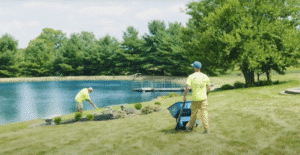In landscaping, building a scalable business model is more than an aspiration—it’s a necessity for long-term success. By implementing well-defined strategies, you can reduce labor costs, manage project fluctuations, and sustain revenue year-round. Whether you oversee small residential projects or large-scale commercial operations, prioritizing scalability increases efficiency and maintains quality as your business grows.
A truly effective framework equips your landscaping company to expand without dramatically increasing costs or sacrificing service standards. Common challenges involve over-reliance on manual labor, seasonal volatility, and rising costs.
This article explores how streamlined processes, innovative equipment, and supportive practices can help you overcome these hurdles and achieve greater profitability.
The Value of a Scalable Business Model in Landscaping
In the fast-evolving world of landscaping, businesses face unique challenges due to fluctuating seasonal demands and costly manual labor. Implementing a scalable business model is crucial for efficiently managing growth without compromising on quality or significantly increasing costs. By embracing scalability, landscaping companies can enhance their capacity to handle more projects, stabilize revenues, and streamline operations. A scalable approach not only addresses the industry’s inherent challenges but also unlocks new opportunities for sustainable success.
Benefits of a Scalable Business Model:
- Reduced Labor Dependency: Automating routine tasks and incorporating advanced technology minimizes the reliance on manual labor, reducing operational strains.
- Increased Profitability: Turning seasonal demand spikes into a steady revenue stream helps boost overall profitability.
- Efficient Seasonal Management: Proper scalability allows for effective management of seasonal variations, ensuring steady workflow throughout the year.
- Consistent Quality Standards: Defined processes and innovative tools maintain high-quality service despite increased workloads.
Embracing a scalable business model in landscaping is not just about coping with current challenges, but also about setting your business on a path toward long-term growth and success. By focusing on scalability, you ensure that your operations remain flexible, efficient, and ready to expand as demand dictates, transforming potential hurdles into stepping stones for success.
Identifying Key Challenges in Scaling a Landscaping Business
Scaling introduces challenges that must be addressed for sustainable growth:
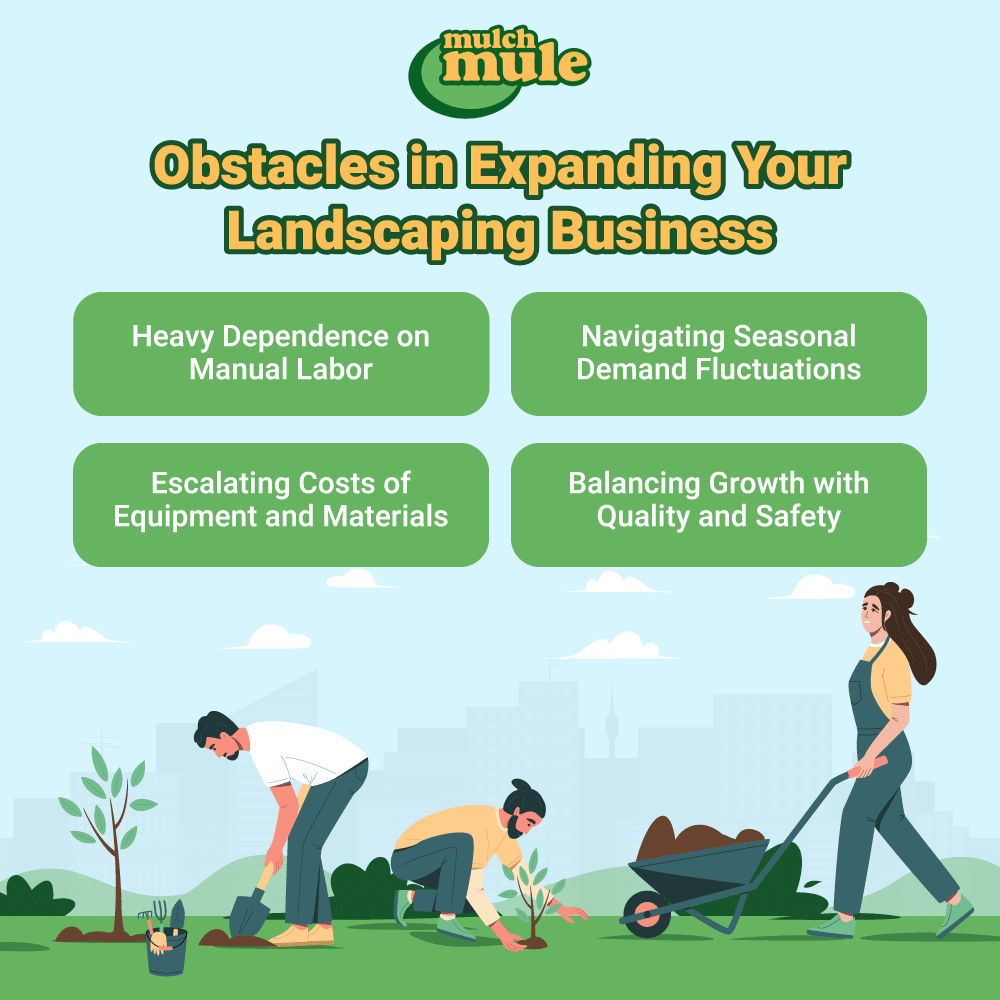
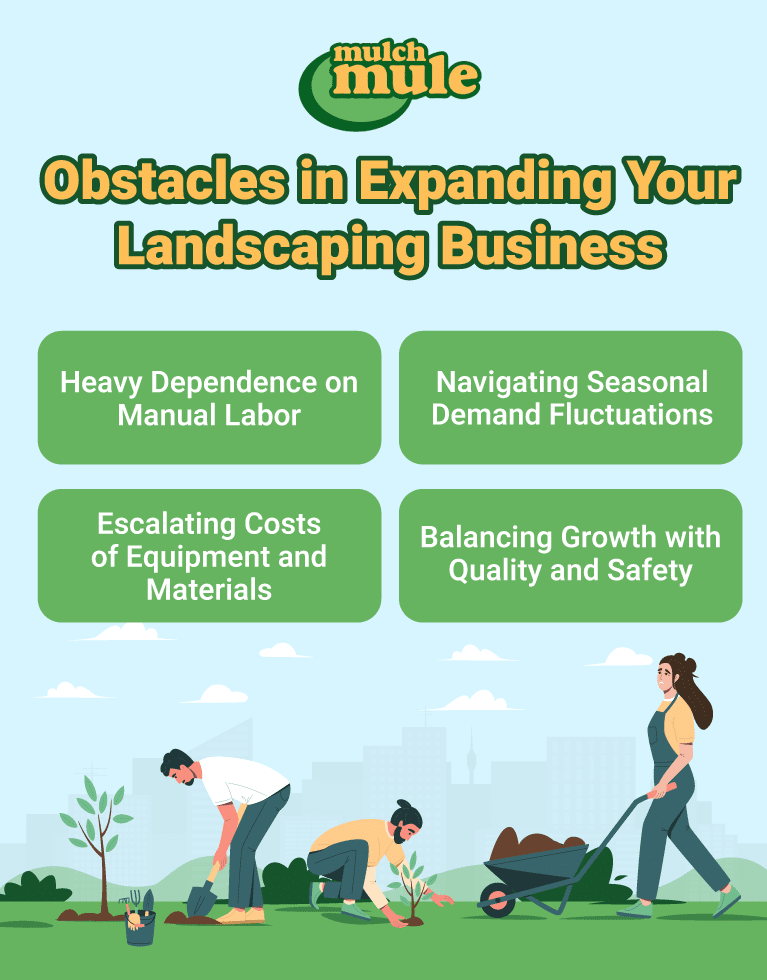
Heavy Dependence on Manual Labor
Physically demanding tasks such as loading and spreading materials increase labor costs and slow progress. Over-reliance on manual processes can reduce productivity and negatively impact worker morale. Minimizing strenuous labor not only improves productivity but also helps prevent workplace injuries.
Navigating Seasonal Demand Fluctuations
Fluctuations in demand create logistical hurdles. Busy periods strain resources, while off-seasons can hamper cash flow. Strategies like tracking local climate patterns with the National Weather Service or offering diversified services help maintain operational balance throughout the year.
Escalating Costs of Equipment and Materials
As projects multiply, operational expenses often surge. Aging or inefficient equipment can lead to downtime and costly repairs, eating into profits. Consistent equipment upgrades and maintenance are crucial for minimizing downtime and maintaining high performance.
Balancing Growth with Quality and Safety
Rapid expansion brings risks to quality and safety. Without updated tools that reduce manual strain, increased workloads can degrade service standards and heighten injury risks. Using modern, eco-friendly solutions will uphold quality and promote safer working environments.
By addressing these challenges through process improvements and technology investments, landscaping businesses can lay the groundwork for controlled and sustainable scalability.
Optimizing Operations for Scalability
Transitioning to a scalable model begins with refining everyday operations. Streamlining workflows minimizes waste, enhances time management, and ensures timely project completion.
Streamlining Workflows
Standardizing processes—such as thorough property assessments and clear task assignments—helps reduce confusion and increase productivity. Using established project management methodologies can guide you in creating efficient routines. These approaches ease new-employee onboarding and maintain consistency across the board.
Leveraging Technology
Digital tools facilitate scheduling, resource allocation, and billing. Integrating project management software exposes inefficiencies and helps avoid bottlenecks. Advanced programs can coordinate employee schedules in real time, allowing you to handle more projects without overwhelming your resources.
Automating Repetitive Tasks
Automated equipment can drastically cut down on manual labor for tasks such as loading and material spreading. By freeing team members from routine duties, you can shift their focus to strategic activities and customer care. This emphasis on higher-value tasks boosts overall productivity.
Leveraging Innovative Equipment to Drive Landscaping Productivity
Investing in modern equipment is essential for building a scalable landscaping business. Advanced tools can streamline time-consuming processes, letting your team handle more work with less effort.
Automated systems and machinery that simplify loading, unloading, and application reduce physical strain and improve turnaround time. Such improvements enable your business to handle more projects without proportionally increasing labor.
Example: The Mulch Mule Trailer
The Mulch Mule stands out as an innovative all-in-one solution, with cutting-edge features that are designed to make landscaping tasks more efficient and effective.
Here’s just some of the standout features:
- Advanced Live Floor System: Equipped with a cutting-edge live floor mechanism for seamless material management, including easy forward and reverse actions.
- Efficient Curb-Side Discharge: Streamlines operations with its convenient curb-side discharge capability, ensuring quick and easy unloading.
- Powerful Performance: Driven by a Honda GXi390 engine, offering top-notch versatility and reliability for all work conditions.
- High-Performance Leaf Vacuum: Boosts efficiency with a robust vacuum system, automatic tarping, and rapid material discharge.
- Speedy Mulching: Achieves quick unloading times of wheelbarrow loads within 3-6 seconds, providing an environmentally friendly alternative to traditional blowers.
- Precision Control: Features a handheld remote for accurate and swift discharge of bulk materials, enhancing operational precision.
- Large Capacity & Stability: Boasts a generous 15 Cubic Yard capacity, supported by a durable hydraulic jack and a 14′ hopper for handling large-scale projects effortlessly. Its superior suspension guarantees a smooth and stable journey across sites.
Designed to transport and distribute soil, mulch, leaves, debris, stone and aggregate to save you time and money. Many satisfied customers have seen measurable results with Mulch Mule. Watch the video below for a walkaround of this invaluable equipment.
This equipment demonstrates how modern, well-designed machinery promotes consistent performance and reduces operational overhead, allowing you to manage larger projects without sacrificing quality. By integrating the Mulch Mule Trailer into your operations, you enhance project efficiency and scalability, enabling your team to accomplish more with fewer resources.
The Role of Financing in Supporting Scalability
Many landscaping businesses hesitate to pursue larger contracts or invest in significant equipment upgrades due to budget constraints. Flexible financing options can alleviate this concern by offering businesses a structured path to acquire advanced tools and machinery without depleting capital reserves. These financing packages often feature lower initial payments and flexible repayment schedules, making them ideal for companies looking to expand confidently.
By taking advantage of promotions and cost-friendly payment options, you can invest in automated trailers or attachments that rapidly boost productivity.
Beyond making investments more feasible, well-managed financing ensures you can scale without undermining liquidity. As a result, your company can enjoy both the immediate benefits of efficiency and the long-term gains of a stronger competitive stance in the market.
Reducing Labor Costs Without Compromising Quality

Effectively managing labor costs is crucial for scalability. The objective is to ensure financial stability without lowering service standards.
Leveraging Equipment to Minimize Manual Labor
Automation helps shift your workforce from purely manual tasks to strategic and creative roles. Not only does this elevate project standards, but it also empowers employees to contribute ideas and improvements to your operations. Automated watering systems and other modern technologies can further reduce redundant work and save time.
Financial Benefits and Operational Efficiency
Lowering manual labor results in reduced wage expenses and fewer injuries, which leads to less downtime. Consequently, crews that once required extra manpower for loading can complete tasks faster while maintaining quality. Adopting technology in operational processes can yield significant savings and stimulate business growth.
Enhancing Safety to Support Scalable Growth
Safety is a vital pillar for long-term expansion. Upgrading to modern equipment mitigates risks associated with heavy lifting and repetitive stress, promoting a healthier work environment.
Addressing Traditional Safety Risks
Outmoded methods can create hazardous working conditions. Repetitive strain injuries, for instance, can result from prolonged manual labor. Adopting ergonomic tools and processes that reduce muscle strain and enhance efficiency is a key step in safeguarding your workforce.
How Modern Equipment Improves Safety
Automated trailers and user-friendly attachments, such as those featured in Mulch Mule’s product line, help reduce direct contact with heavy materials. Fostering safety not only protects employees but also ensures minimal downtime and consistent project output.
Adopting Year-Round Landscaping Solutions
A truly scalable landscaping company maintains steady revenue throughout the year. Diversifying your services and deploying flexible tools can help mitigate seasonal fluctuations.
Strategies for Year-Round Revenue
Offer off-season services like site cleanups, snow removal, or holiday décor installations. These additional services help stabilize income and expand your client base. Understanding soil conditions and climate variations across different seasons can further broaden the scope of services you provide.
Versatile Equipment Use
Machinery that excels with mulch in the summer can also assist with leaf removal or winter debris. This versatility keeps operations efficient in different weather conditions and seasons, helping you stay proactive and profitable regardless of market fluctuations.
Integrating Digital Marketing Strategies to Support Scalability
Effective online marketing best complements investments in equipment and refined operations, enabling you to reach more potential clients. An up-to-date website and active social media channels serve as a 24/7 showcase for your scalable capabilities. Sharing updates, before-and-after project photos, and behind-the-scenes content fosters transparency and trust.
Develop articles, instructional guides, and testimonials addressing the needs of your target market. Collaborations with thought leaders and platforms that cater to landscaping professionals further expand your digital visibility.
Evaluate website and social media metrics to identify trends in customer engagement. Fine-tuning your marketing approach based on what resonates with your audience can maximize leads and promote steady growth.
Embracing Sustainability for Long-Term Growth
Sustainability is increasingly essential for responsible expansion and can help differentiate your business in a competitive market.
Implementing Eco-Friendly Practices
Opt for energy-efficient machinery and sustainable materials whenever possible. Reclaimed water for irrigation or the incorporation of native plant species can enhance the environmental value and aesthetics of your projects. Such eco-friendly tactics preserve resources while attracting environmentally conscious customers.
Benefits of a Green Business Model
Environmentally responsible measures often trim operational costs, from energy savings to reduced waste hauling fees. Clients sensitive to green practices tend to be loyal and may recommend your services to others, amplifying your reputation and reach.
Integrating Sustainable Innovations
Keep pace with emerging technologies such as biodegradable mulches or water-efficient irrigation systems. These advancements further reduce environmental impact and bolster your scalability efforts.
Practical Tips for Building a Scalable Landscaping Business
Achieving scalable success involves strategic planning, resource management, and a commitment to training.
Establish Measurable Goals
Create benchmarks for client capacity, revenue targets, and expansion areas. Track these metrics closely and refine your strategies if you notice deviations. Data-informed goals often lead to more effective growth planning.
Invest in Employee Training
Equip your staff with the latest tools and best practices. Well-trained employees operate machinery more effectively and propose innovative ideas. Training programs also foster a culture of continuous improvement, which is vital for scalability.
Leverage Data to Drive Decisions
Monitor factors such as project completion times, labor hours, and material use. This data pinpoints bottlenecks and guides budget allocation. Regular analysis lets you adapt quickly when demands grow or market conditions shift.
Build Strategic Partnerships
Form alliances with reliable equipment providers to access advanced machinery and flexible financing. Industry-focused research by the Harvard Business Review indicates that strategic partnerships can expedite growth through shared resources and industry expertise.
Focus on Operational Flexibility
Adaptable workflows and multi-purpose equipment enable you to respond effectively to both minor and major projects. This flexibility is especially important when rapid changes in the market can disrupt rigid business models.
Boost Scalability with Advanced Equipment Today
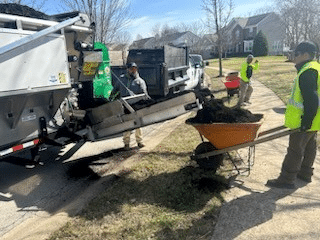
Scalability is the bedrock of sustainable growth in the landscaping industry. By refining operations, integrating modern equipment, adopting digital and sustainable innovations, and continuously measuring your performance, you can tackle increasing demands while upholding top quality and safety standards.
If you’re looking to expand your landscaping operations by reducing labor expenses, increasing productivity, and ensuring safer work conditions, Mulch Mule’s innovative solutions are designed to propel your growth. Mulch Mule offers financing plans specifically designed to accommodate fluctuating seasonal revenues common in landscaping. Such tailored solutions empower you to purchase or lease essential equipment without sacrificing your day-to-day financial stability.
For flexible options to finance your expansion, schedule a demo of Mulch Mule today with a local ambassador and discover how you can elevate your landscaping business to new heights.
